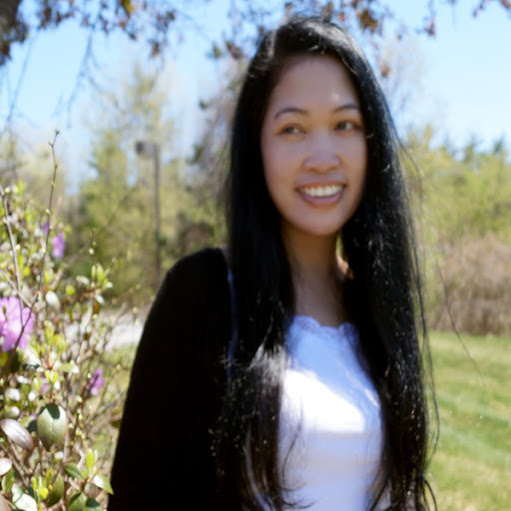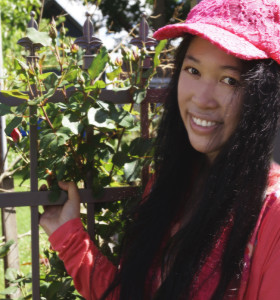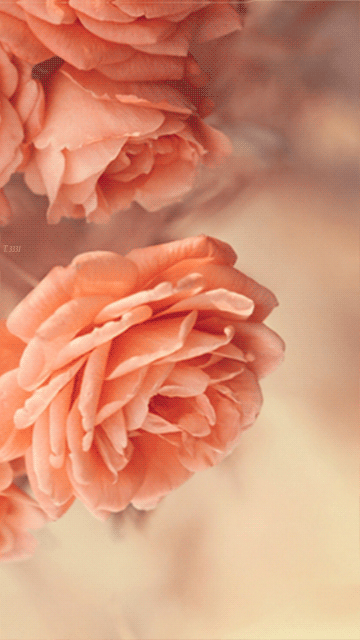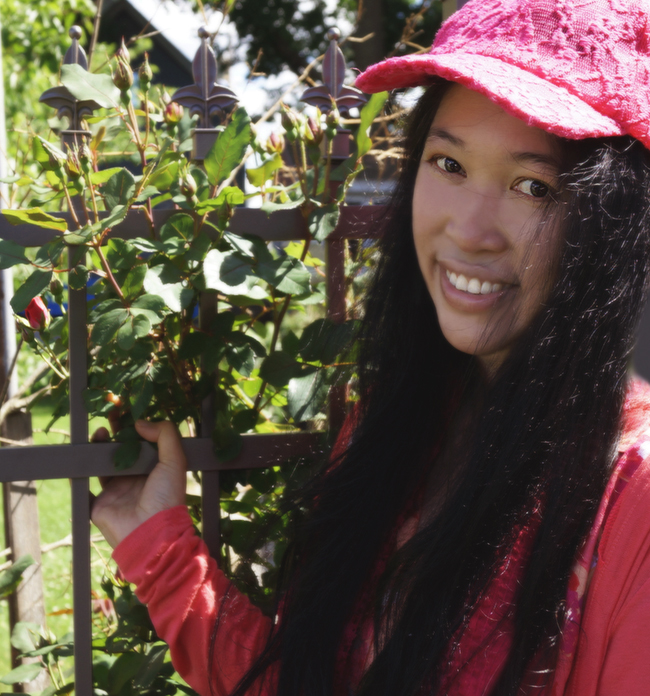
Water buffaloes in Cambodia
The Spirit of Free Inquiry: The spirit of free inquiry is an important feature of Buddhism. The Buddha encouraged people to investigate the truth of His Teachings for themselves before accepting his ideas. He never expected people to practise His Teaching out of ‘blind faith’ and superstition, but instead encouraged a free spirit of questions and contemplation. Buddhists believe that people should accept and practise Teachings and lifestyles they find, through their own experience, to be physically and mentally beneficial.
Self-reliance: Buddhism also stresses the importance of self-reliance and individual effort. There are the two main ways that Buddhists focus on self-reliance. Firstly, each person must work out for themselves the way to end their own suffering and attain happiness. And secondly, it is up to each person to realise that it is their own actions that determine their future. In Buddhists thinking, each individual’s destiny is not determined by an outside power but by the way we live our own lives and our personal attitudes to suffering, happiness and the world around us. This means that every one of us is responsible for our own actions. Every one of us can progress or develop only as much as our own efforts allow. Buddhists learn that dedication, self-discipline and wise judgment are the keys to reaching the highest goals in life.
Tolerance: Because Buddhism respects the right of all people to inquire freely and to make their own choices, it also teaches tolerance toward other faiths and ways of life. Buddhist students are taught to live in harmony with everybody, regardless of race or religion.
Loving-kindness and Compassion: All living things are equal to a Buddhist. Universal loving-kindness, (a gentle and warm approach to life) together with a compassionate attitude, are the main ways that Buddhists accept not only other people, but all other creatures. All living things, humans and animals alike, share the same environment — we are all part of the same world, as we know from learning about the environment and about nature. If people want to live happily, Buddhism teaches that we must each have concern for the welfare of the other living things that we are here sharing the world with. Continue reading →
















